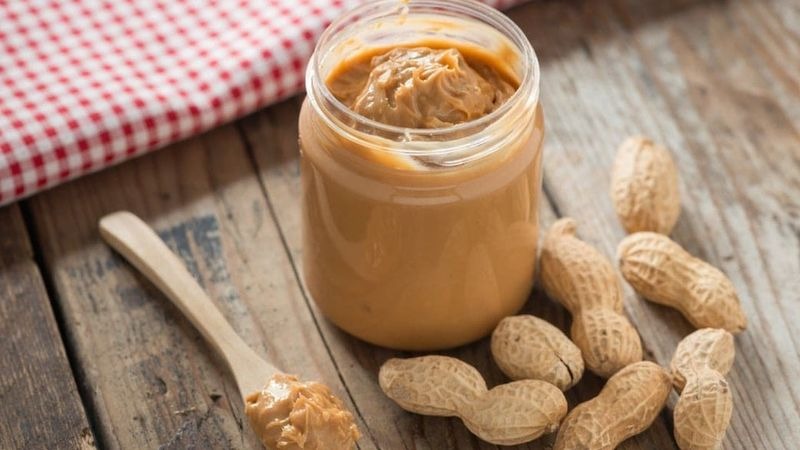A spoonful of peanut butter before bed isn't only a wacky web fad—it's now supported by science and recommended by leading American doctor Dr. Kunal Sood. It turns out that the soothing, calorie-dense food can be the answer to improved sleep and nighttime health, say scientists in new research.
Takeaways from the doctor's desk
Peanut butter has tryptophan, an amino acid which is used to make serotonin—a neurotransmitter that is famous for soothing the brain and inducing sleep
Magnesium, another component in peanut butter, supports muscle relaxation and deeper sleep cycles
Nutrient-rich fats in peanut butter manage blood sugar, lowering the likelihood of waking in the middle of the night from glucose crashes
Nutritional snapshot
It contains plenty of vitamin E, niacin, magnesium, copper, and manganese in every 100g serving
It's also a storehouse of plant protein and heart-healthy monounsaturated fats
Low in carbohydrates and high in antioxidants, peanut butter aids digestion and stifles evening hunger pangs
Who must be cautious
Individuals with allergies to peanuts should avoid this practice entirely
Those who are calculating caloric consumption need to limit it to a spoonful, ideally two hours before bed
Expert perspective
Dr. Sood characterizes peanut butter as having a calming effect because it slows down carbohydrate absorption and steers clear of blood sugar swings that cut into sleep.
Last thought
While not an elixir, this night-time snack can be a simple, tasty method for enhancing quality of sleep and rate of metabolism at night—especially if taken slowly.
Sources: Times of India, FoodsForBetterHealth, Healthline, Medical News Today
